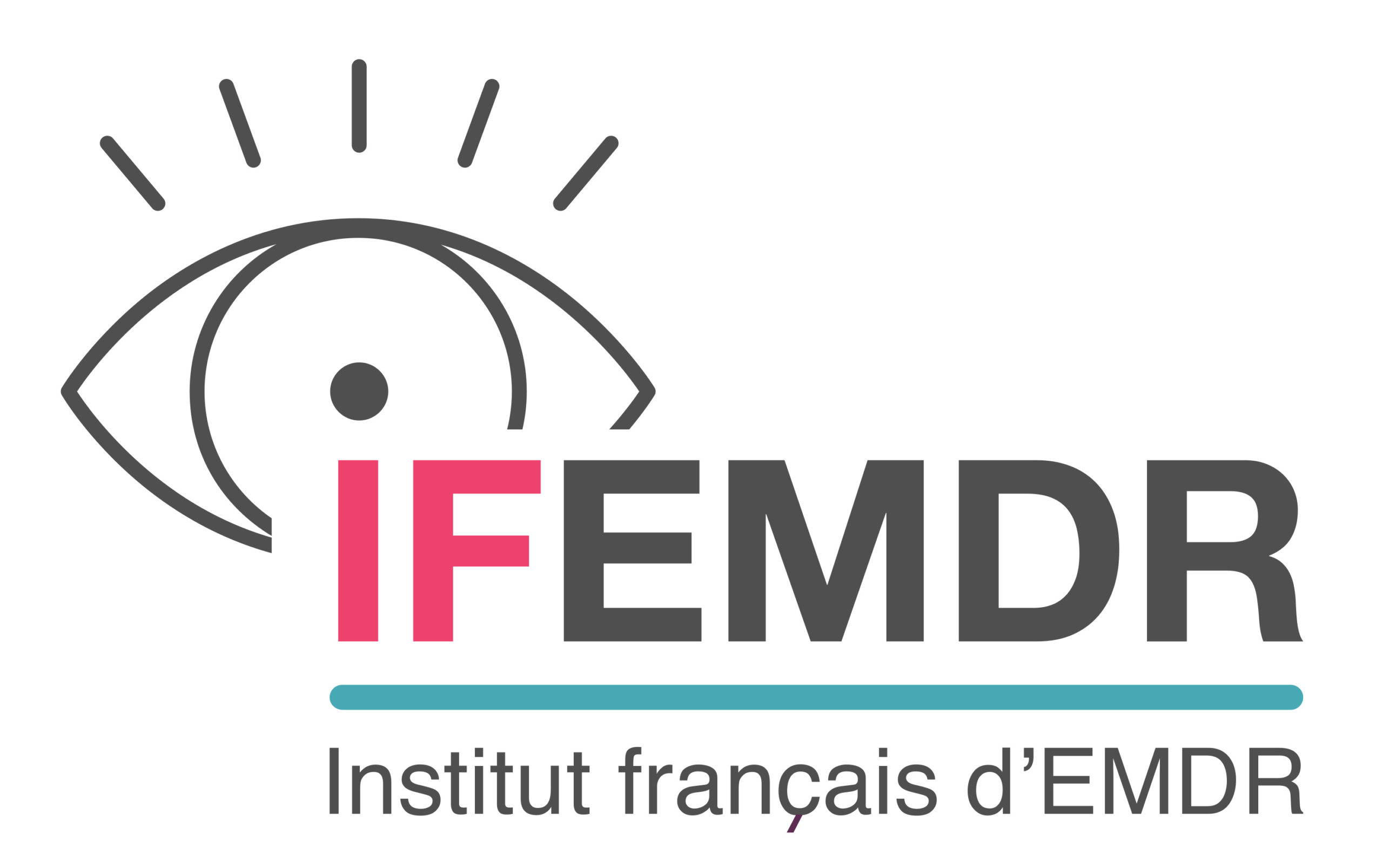
5 pré conférences de la 19e conference EMDR Europe
Mis à jour le 30 septembre 2022

Ad DE JONGH, Université d’Amsterdam (Pays-Bas)
Making Complex PTSD Simple again !
Résumé : ‘Complex PTSD’ is a term that will be used in ICD-11 to denote a severe form of PTSD comprising symptom clusters reflecting difficulties in regulating emotions, disturbances in relational capacities, and negative beliefs about self. Although some experts recommend that trauma-focused treatment of those suffering from this condition should be preceded by a stabilization phase, there is mounting evidence from research showing that those suffering from Complex PTSD can be treated with EMDR, or other evidence based trauma-focused therapies, without much preparation.
Clearly, from a clinical point of view, there are a number of challenges when treating patients with Complex PTSD, including the fact that many of them are afraid of a confrontation with their emotions, the occurrence of severe abreactions, or dissociation that limits access to the trauma memories during the sessions, SUD levels that do not decline, and cognitive distortions, for instance about guilt, that do not shift.
The goal of this workshop is to provide (1) an overview of evidence based, trauma-focused treatment strategies for complex patients using EMDR, (2) solutions for difficulties that are associated with the treatment of individuals suffering from Complex PTSD, and (3) helpful techniques to deal with problems around dissociation and guilt. This presentation will be illustrated by many video segments of treatment sessions using EMDR with a wide range of patients suffering from Complex PTSD.
Learning objectives
- Being capable of using evidence based, trauma-focused treatment strategies for complex patients using EMDR
- Being able to deal with abreactions, blocking and dissociation in Complex PTSD patients
Relevant literature
- De Jongh, A., Resick, P.A., Zoellner, L.A, van Minnen, A., Lee, C.W., Monson, C.M., Foa, E.B., Wheeler, K., Ten Broeke, E., Feeny, N., Rauch, S.A.M., Chard, K., Mueser, K.T., Sloan, D.M., van der Gaag, M., Rothbaum, B.O., Neuner, F., De Roos, C., Hehenkamp, L.M.J., Rosner, R, Bicanic, I.A.E. (2016). A critical analysis of the current treatment guidelines for complex PTSD in adults. Depression and Anxiety, 33, 59–369. DOI 10.1002/da.22469
- Bongaerts, H., Van Minnen, De Jongh, A. (2017). Intensive EMDR to treat PTSD patients with severe comorbidity: A case series. Journal of EMDR Practice and Research, 11, 84-95. http://dx.doi.org/10.1891/1933-3196.11.2.84
- Wagenmans, A., Van Minnen, A., Sleijpen, M., De Jongh, A. (2018). The Impact of Childhood Sexual Abuse on the Outcome of Intensive Trauma-Focused Treatment for PTSD. European Journal of Psychotraumatology, 9:1, 1430962, DOI: 10.1080/20008198.2018.1430962
en savoir plus sur Ad de Jongh
Un article Le traitement des phobies spécifiques par l’EMDR, de Ad de Jongh & ErikTen Broeke (conceptualisation – stratégies de sélection des souvenirs), publié dans le Journal of EMDR Practice and Research, volume 1, Number 1, 2007 – Traduction : Gérard Poussin, en mars 2008 – Révision : François Mousnier-Lompré

Derek FARRELL
(Royaume-Uni)
EMDR et réfugiés
Résumé :
Andrew LEEDS Formateur en EMDR et Psychologue libéral (USA)
Résumé :
Cet atelier décrira la nature des blessures d’attachement et comment elles affectent les survivants de la négligence et des abus émotionnels précoces. Des instructions procédurales détaillées seront proposées dans trois méthodes largement utilisées dans la communauté EMDR pour le traitement des blessures d’attachement: le protocole de tolérance à l’affect positif, le développement et l’installation des ressources, et la procédure « Yeux Aimants » (« Loving Eyes »). Chacune de ces procédures offre des possibilités uniques qui peuvent convenir à ceux qui ont des antécédents complexes de négligence et d’abus relationnels précoces. Des exemples de cas et des critères spécifiques seront proposés pour choisir avec quels patients et quand offrir chacune de ces procédures et comment elles peuvent être modifiées pour mieux répondre aux besoins des individus.
En savoir plus sur Andrew Leeds


Michel SILVESTRE (France) et Joanne MORRIS-SMITH (Royaume Uni)
Créer des passerelles pour favoriser le changement dans les traumas complexes chez les enfants et les familles
Résumé :
En savoir plus sur Michel Silvestre et Joanne Morris Smith
Joany SPIERINGS
(Pays-Bas)
Le site de la conférence ne propose pas de présentation de cette pré-conférence.





